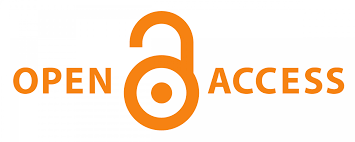Python - Based Simulation Of Scientific Experiments For Educational Use
DOI:
https://doi.org/10.62643/Keywords:
Python programming, VPython, scientific simulation, physics education, virtual laboratory, computational modeling, interactive learning, visualization tools, STEM education, teaching methodologyAbstract
Modern science education increasingly relies on visualization and interactivity to enhance conceptual understanding. This work presents a Python-based framework for simulating scientific experiments that supports both classroom demonstrations and selfguided learning. Using VPython, a lightweight 3D visualization library, the system models real-world laboratory experiments such as motion under magnetic fields and energy conservation. These interactive simulations allow students to observe dynamic processes, adjust experimental parameters, and immediately see the outcomes. The approach bridges the gap between theory and physical experimentation, providing a cost-effective and accessible supplement to traditional laboratory activities. Initial classroom trials indicate that students demonstrate stronger comprehension and engagement when simulations are used as preparatory tools before hands-on lab sessions. The framework is flexible, extendable to various physics and engineering topics, and designed to promote active learning through computational exploration.
Downloads
Published
Issue
Section
License

This work is licensed under a Creative Commons Attribution-NonCommercial-NoDerivatives 4.0 International License.

















